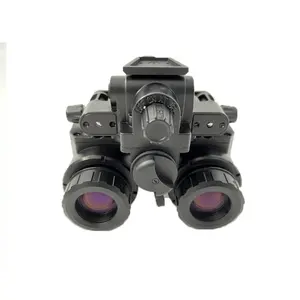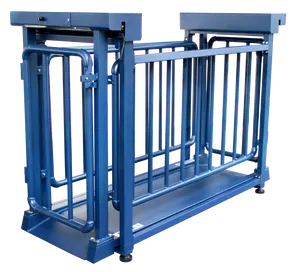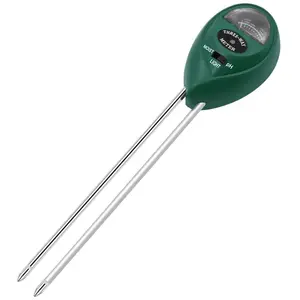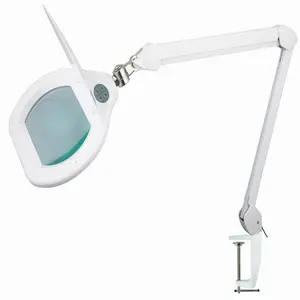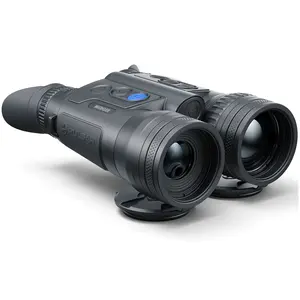Popular in your industry










































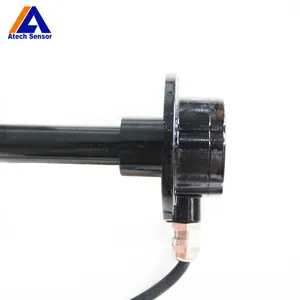



























Related Searches:







































































































































About capacitive water level sensor
Understanding Capacitive Water Level Sensors
Capacitive water level sensors are sophisticated devices designed to measure the level of liquid within a container or in natural settings without direct contact. These sensors operate by detecting changes in capacitance caused by the proximity of a conductive or non-conductive liquid. The versatility of capacitive liquid level sensors makes them suitable for a variety of applications, from simple home projects to complex industrial systems.
Types and Applications
There are several types of capacitive level sensors, each tailored for specific scenarios. The non contact capacitive liquid level sensor is ideal for hygienic applications where avoiding contamination is crucial. In contrast, the arduino capacitive water level sensor is often used by hobbyists and in education for its ease of integration with DIY projects. Industrial sectors employ capacitive sensors for water level measurement to ensure precise monitoring in tanks and vessels.
Features and Materials
The construction of a capacitive water level sensor typically involves materials that influence its durability and suitability for different environments. For instance, a capacitive liquid level sensor circuit may be encased in robust materials like stainless steel for corrosive environments, while simpler versions might use plastics for cost-efficiency. The choice of material affects the sensor's longevity and reliability in various operational conditions.
Advantages of Capacitive Level Sensing
Capacitive level sensors offer numerous benefits, including their non-invasive nature, which allows for liquid level measurement using capacitive sensors without risk of contamination. This feature is particularly beneficial in industries where purity is paramount. Additionally, the capacitive sensor water detection method is known for its sensitivity and accuracy, capable of detecting minute changes in liquid level.
Selection Considerations
When selecting a capacitive type water level sensor, it is important to consider the specific requirements of the application, such as the sensor's range, compatibility with the liquid being measured, and the environmental conditions it will be exposed to. For hobbyists, a diy capacitive water level sensor might be the preferred choice due to its customizability and adaptability to various projects.
Integration and Compatibility
Integration with existing systems is a key factor in choosing the right sensor. The capacitive liquid level sensor arduino compatibility, for example, allows for seamless incorporation into automated systems, making it a popular choice for developers and engineers looking to implement smart water level management solutions.
